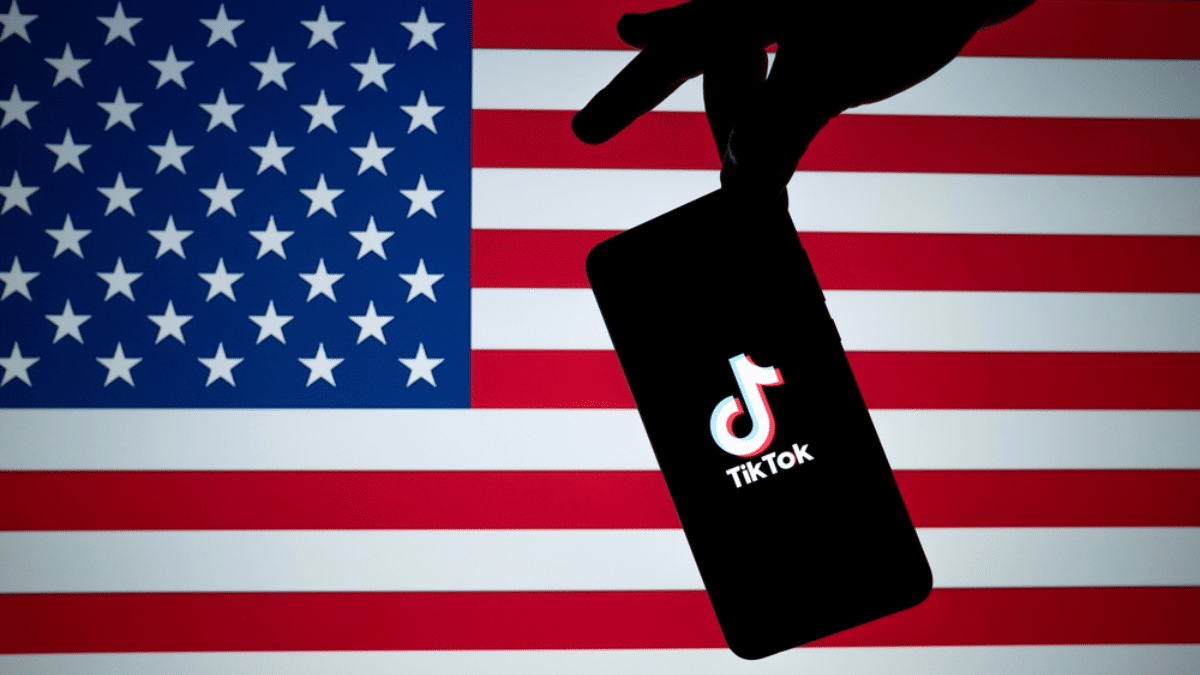TikTok Sues US Over Law That Would Force Its Sale
Gabby Miller / May 7, 2024
Shutterstock photo.
On Tuesday, TikTok sued the US government over a new law requiring its China-based parent company, ByteDance, to divest or face a ban on the app in the US. The nearly 70-page suit, which was filed in the District of Columbia Court of Appeals, primarily argues that the law is unconstitutional on First Amendment grounds.
The suit alleges that Congress attempted to circumvent the First Amendment rights of both Americans and TikTok Inc. by invoking national security concerns. This “extraordinary and unconstitutional assertion of power” allows the government to decide whether a company may own and publish the “speech platform” it created, the filing reads. This would, in turn, “disconnect Americans from the rest of the global community on a platform devoted to shared content — an outcome fundamentally at odds with the Constitution’s commitment to both free speech and individual liberty.”
The suit also asserts that TikTok has similar First Amendment rights as that of publishers. It says that TikTok “is more than a passive receptacle or conduit for news, comment, and advertising” of others, as defined in Miami Herald Pub. Co. v. Tornillo, and its content moderation practices constitute First Amendment-protected editorial control. And, TikTok claims that the company uses the social media platform to “create and share its own content about issues and current events,” such as its support for small businesses and Earth Day. Prohibiting this expression, which is “core speech protected by the First Amendment,” infringes on TikTok’s freedom of expression, the suit states.
TikTok also believes the law should be subject to strict scrutiny because it represents a content- and viewpoint-based restriction on protected speech and discriminates between types of speaker. It is, the company argues, an unlawful prior restraint, meaning the government is censoring speech before it is even expressed.
The suit takes aim at Congress for failing to pursue less restrictive measures. Some examples listed in the suit include industry-wide regulations regarding data security and content integrity in lieu of singling out a single speech platform, or regulating TikTok’s access to certain features on users’ devices.
And although national security is a compelling interest, which “strict scrutiny” requires the government to prove, TikTok argues it does not further these interests. “Congress itself has offered nothing to suggest that the TikTok platform poses the types of risks to data security or the spread of foreign propaganda that could conceivably justify the Act,” the suit reads.
Congress has been widely criticized for pursuing an effective ban against TikTok largely based on evidence from a classified Senate Intelligence Briefing not available to the public. Sen. Richard Blumenthal (D-CT), who voted in support of the foreign aid package, called for all evidence to be made public in March. “My reaction to this briefing is that TikTok is a gun aimed at Americans' heads,” he told reporters after the closed-door session. “The Chinese Communists are weaponizing information that they are constantly, surreptitiously collecting from 170 million Americans and potentially aiming that information, using it through algorithms at the core of American democracy."
Sen. Tom Cotton (R-AK), who also voted in support of the TikTok measure, believes that publicly available information is sufficient for demonstrating the threats TikTok poses to US national security and users’ personal data, although more could be released. Sen. Cotton also criticized TikTok for using its platform to lobby tens of millions of its users to “stop a TikTok shutdown” through a series of push notifications and in-app calls to action.
The divest-or-ban law, titled the "Protecting Americans from Foreign Adversary Controlled Applications Act" (HR 7521), was first introduced on March 5, 2024, by Reps. Mike Gallagher (R-WI) and Raja Krishnamoorthi (D-IL), top lawmakers on the House Select Committee on the Chinese Communist Party. Within just a week of its introduction, the bill passed unanimously out of committee. On March 13, the fast-tracked bill passed the House overwhelmingly by voice vote, meeting the required two-thirds majority threshold with a 352 to 65 vote.
For weeks, Senate Majority Leader Chuck Schumer (D-NY) declined to comment on whether he would take the bill up for a floor vote. The measure was eventually tacked onto a $95 billion Senate foreign aid package, which included weapons and support for US allies Ukraine and Israel and humanitarian aid for Gaza, and passed overwhelmingly with a 79-18 vote. The next day, on April 24, Biden signed the Act into law.
Other attempts to effectively ban TikTok in the US at the state level have faced similar legal challenges. In April 2023, the Montana state legislature passed a bill that prohibited app stores from hosting TikTok over privacy and security concerns. The “Banning TikTok in Montana” bill (SB 419) sought to fine providers in the state $10,000 each day they were in violation of the law. It was blocked by a US District judge in November, right before the law was set to take effect. At least thirty states have since taken up some form of legislative action to restrict TikTok.
Former President Donald Trump also sought to ban TikTok in 2019. Countries where TikTok is banned outright include India, which blocked nearly 60 social media apps with ties to China in 2020 amid rising tensions over a longstanding border dispute, as well as Afghanistan, Nepal, and Pakistan.
Full lawsuit: TikTok Inc. and ByteDance Ltd. v. Merrick B. Garland
Related reading:
Authors
